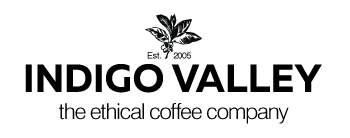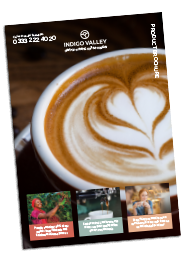
Does it matter if we know where our coffee comes from?
“My parents were coffee growers, I am a coffee grower, I have known how to handle coffee since my birth,” says Faustin Mulomba, from Bweremana in the west of the Democratic Republic of Congo (DR Congo).
Mr Mulomba has spent most of his life working in coffee cultivation, but last year was put in charge of a coffee-washing station for the AMKA co-operative, a group of more than 2,000 farmers close to Lake Kivu. Here, beans from farms across the region have their outer skin and pulp removed. They are washed, sorted and dried, before being sent to the city for further processing. Up to 120,000kg of coffee cherries pass through his station in a year, which amounts to a little less than a container full of green coffee beans.
With this massive growth and more businesses vying for a piece of the lucrative $90 billion value, the industry has seen a flurry of shortcuts and consequently that delicious cup of coffee nowadays can come at the expense of forests, biodiversity and farmers’ welfare. A vast 25 million smallholder farmers produce 80% of the world’s coffee and the industry provides employment for over 125 million people so the industry is of critical value for huge volumes of people. Not only that, but some of the processes utilised are incredibly damaging for our environment.
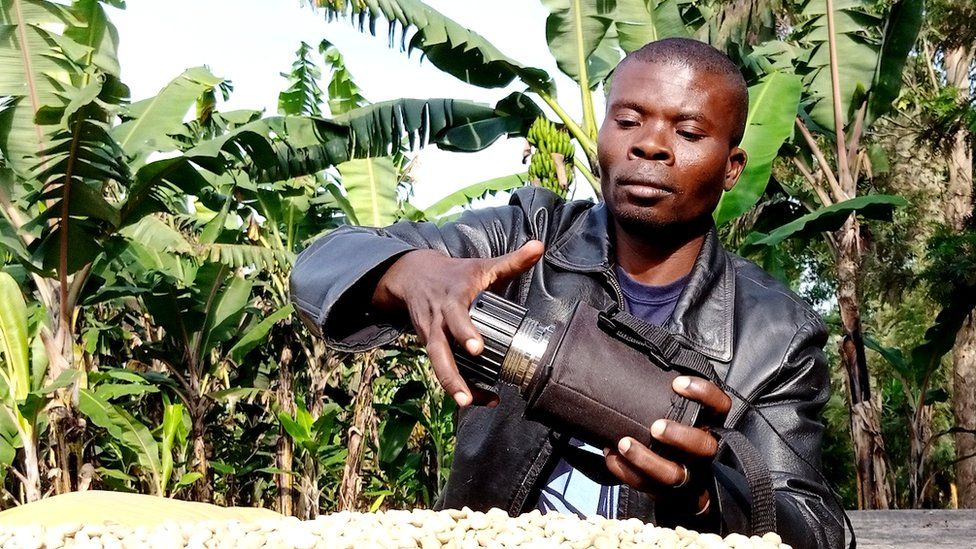
While Mr Mulomba’s family has a long history in coffee production, the introduction of new technology has changed the way he looks at the business. Now, when beans from his co-operative are sold, the company uses sophisticated data capturing and storage methods – including blockchain technology – to track the beans as they move from the farm to the customer. Blockchain is a digital ledger, or a log, of transactions. The information is distributed and stored among a network of users. The idea behind using the ledger is to make the information easy to verify, but difficult to manipulate. In practice, Mr Mulomba uses a simple smartphone app to scan QR codes that give him information about a particular bag of coffee, such as the weight and pulping data.
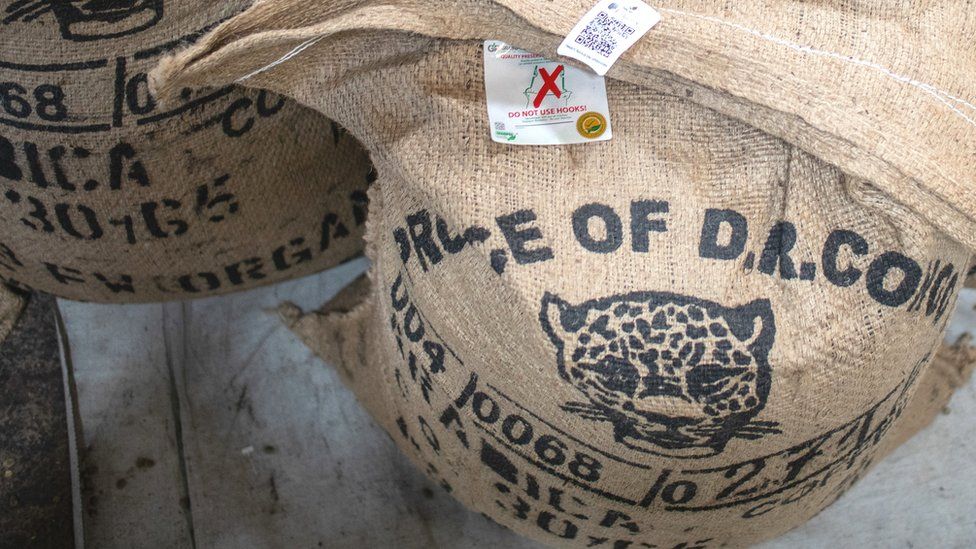
For Mr Mulomba, the new tech means he can see how much coffee has been produced in the co-operative, where the coffee is and if it has been handled correctly. “It is a good tool because […] it allows us to measure, or to have all the quantities supplied to the co-operative in real-time,” he says.
Retaining continuous data from the source of production can help improve the entire production process – preventing losses and bad practices. But such tracing is not without its challenges. Like any process that requires a database, the quality of the information being fed-in is critical to its success. For instance, back in DR Congo, when coffee is harvested at night, there can be connection problems and delays in capturing the data.
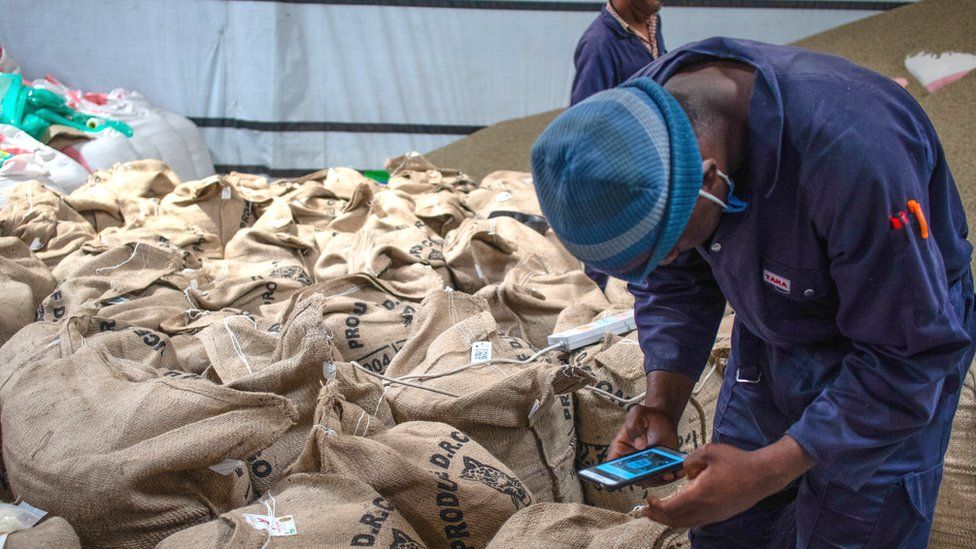
Fairtrade International’s Director of Global Impact, Arisbe Mendoza, says tracing technology unlocks opportunities for monitoring and supporting fair treatment and pay for workers across the supply chain. The organisation would like to see more traceability in international trade. Yet, she echoes Mr Mulomba’s concerns, Ms Mendoza says: “My experience for some of the initiatives that we have had in the system is that technology is not the issue, it is the capacity building that we need to do behind this to ensure that producers and everyone in the supply chain who will be using these tools, is understanding and able to use it fully.” She says producers and farmers need to have full access and use of the data in the supply chain, to negotiate prices, prove compliance, and access markets.
Sara Eckhouse, executive director of FoodShot Global, a food system investment platform, says: “If each company is still going to have their own standards that they’re verifying for, and if there’s no uniform standard or expectation that everybody is meeting a minimum, you could still have companies making claims like ‘blockchain verified sustainable’, but what does that actually mean?”
So what do consumers think?
Thomas Kunze, is a coffee lover who enjoys buying locally-sourced beans on his international travels. Quality and sourcing from interesting locations is important to him. He recently bought some limited edition Nespresso coffee pods that display a blockchain traceability tool. When Mr Kunze scans the package’s QR code, he sees which area, or cooperative, his coffee came from, including the profiles of some of the farmers and whether they have been paid for their produce. “It is interesting but not important,” he says about seeing the journey his brew took. “Traceability is nice to see but, because I don’t know anything about the different locations, I would need more information about the steps and locations.”
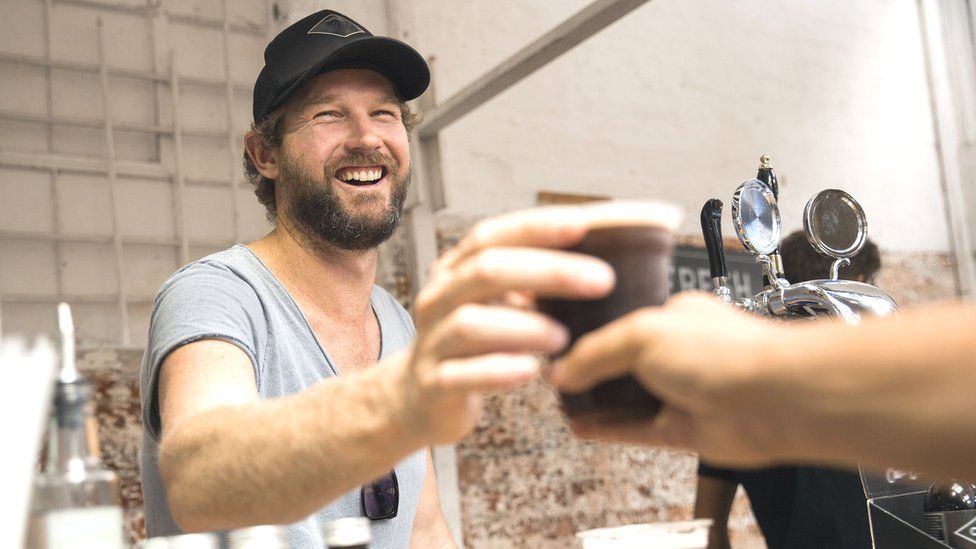
Back in DR Congo, Mr Mulomba cheerily invites coffee drinkers to visit. “It is very important that the consumers render us visits, [then] maybe they will know our reality on the ground.”
Credit: Images and words from BBC.
An ethical partner every step of the way
At Indigo Valley, our mission is to get all coffee drinkers drinking better, higher quality coffee that benefits from a transparent and ethical supply chain. To protect the future of coffee for all, we must be aware of what we’re purchasing, sourcing, buying and consuming. Whether you’re a café owner, a facilities manager or simply searching for an ethical subscription gift, join Indigo Valley and take a small step towards sustainability that will benefit people and the planet. Oh, and savour the flavour of the most delicious coffee whilst you’re doing it.
Traceability and transparency are one of the many reasons we choose only to source our coffees from certified Fairtrade and Rainforest Alliance coffee growing farms and communities.
For more information on how Indigo Valley Coffee can help your serve premium ethical coffee, call us on 0333 222 4020 or email us: [email protected]

Interested in more?
Looking for more articles about coffee and coffee equipment from Indigo Valley? Why not view our archive of posts and articles for everything you need to know about coffee.
